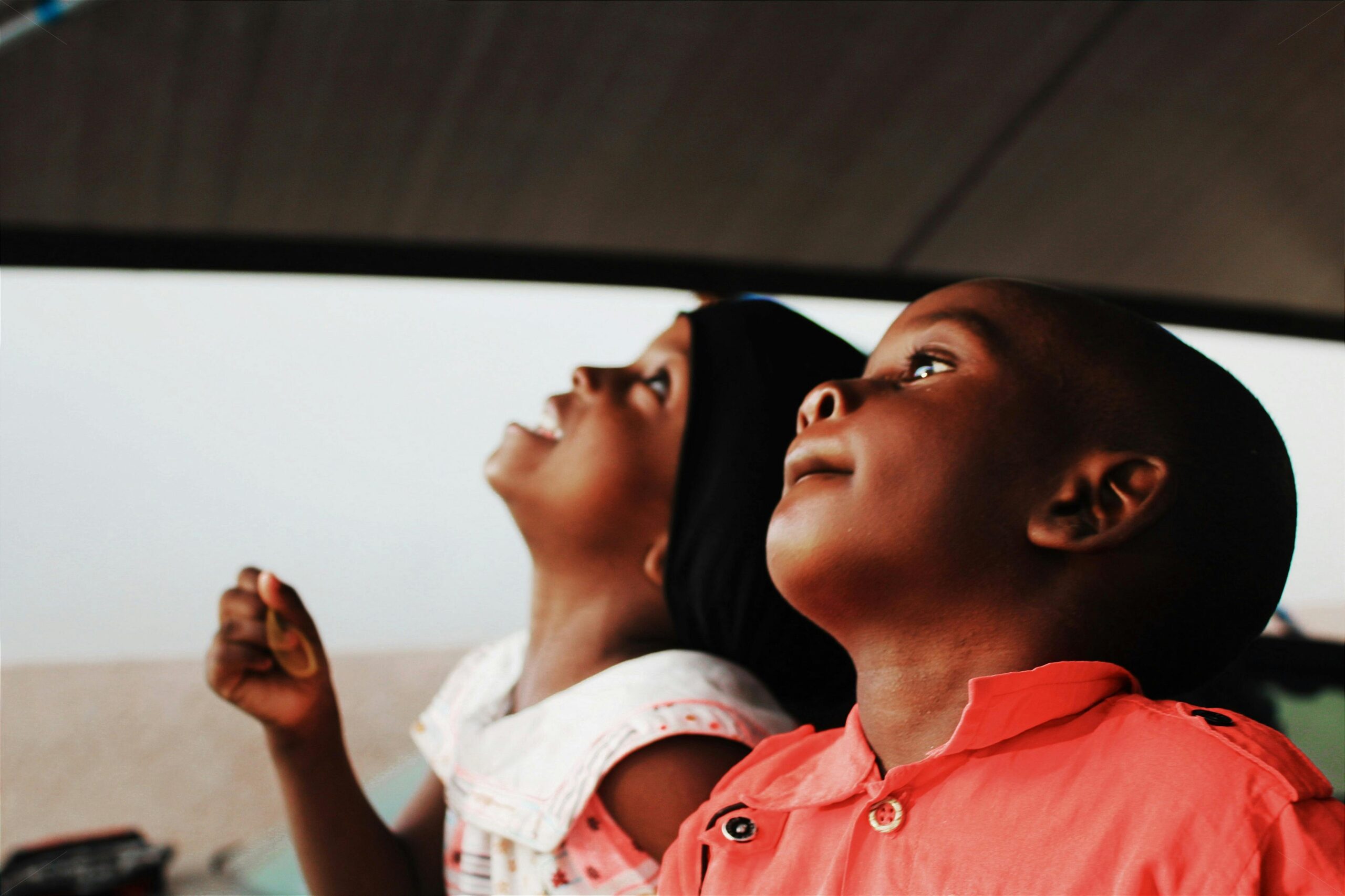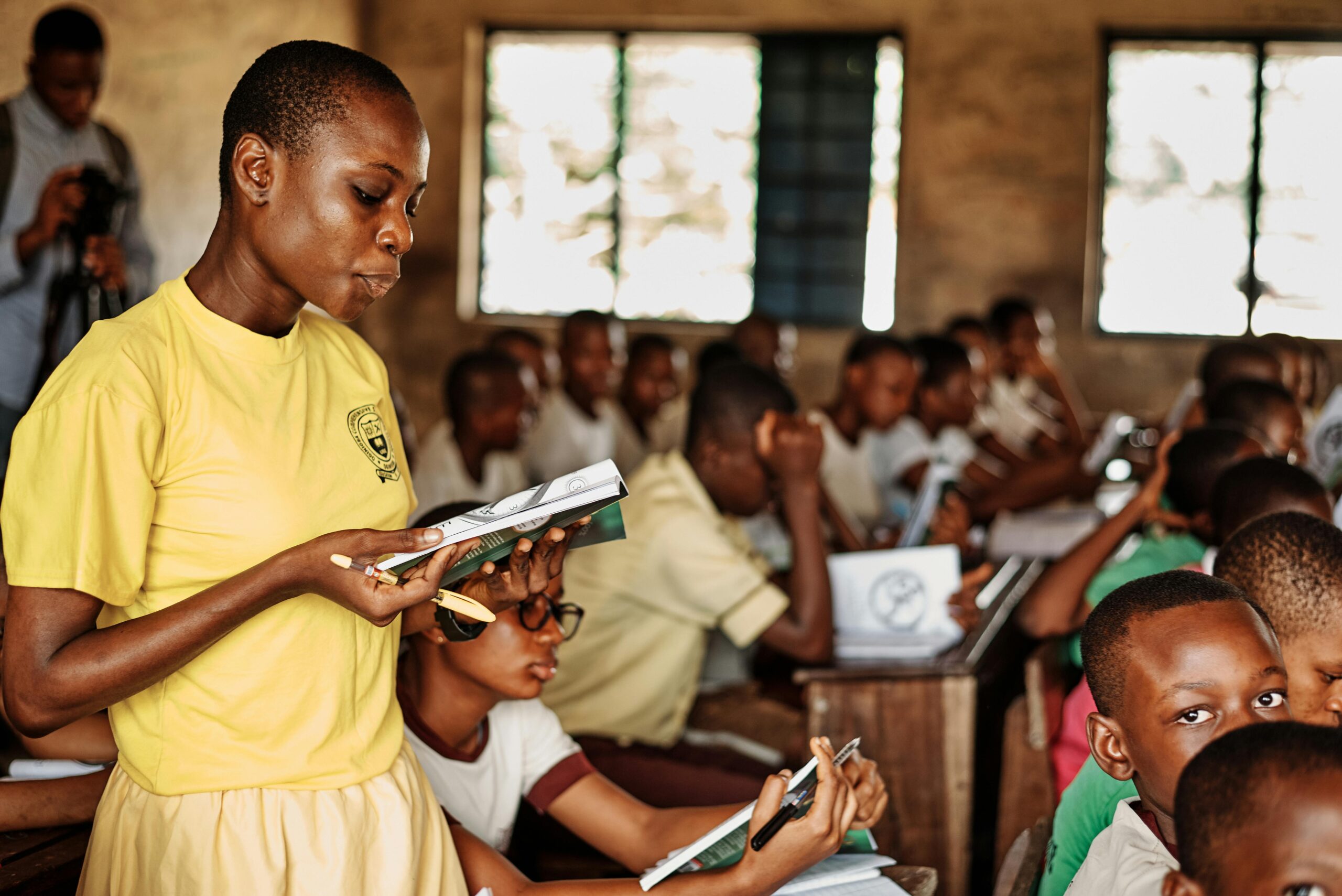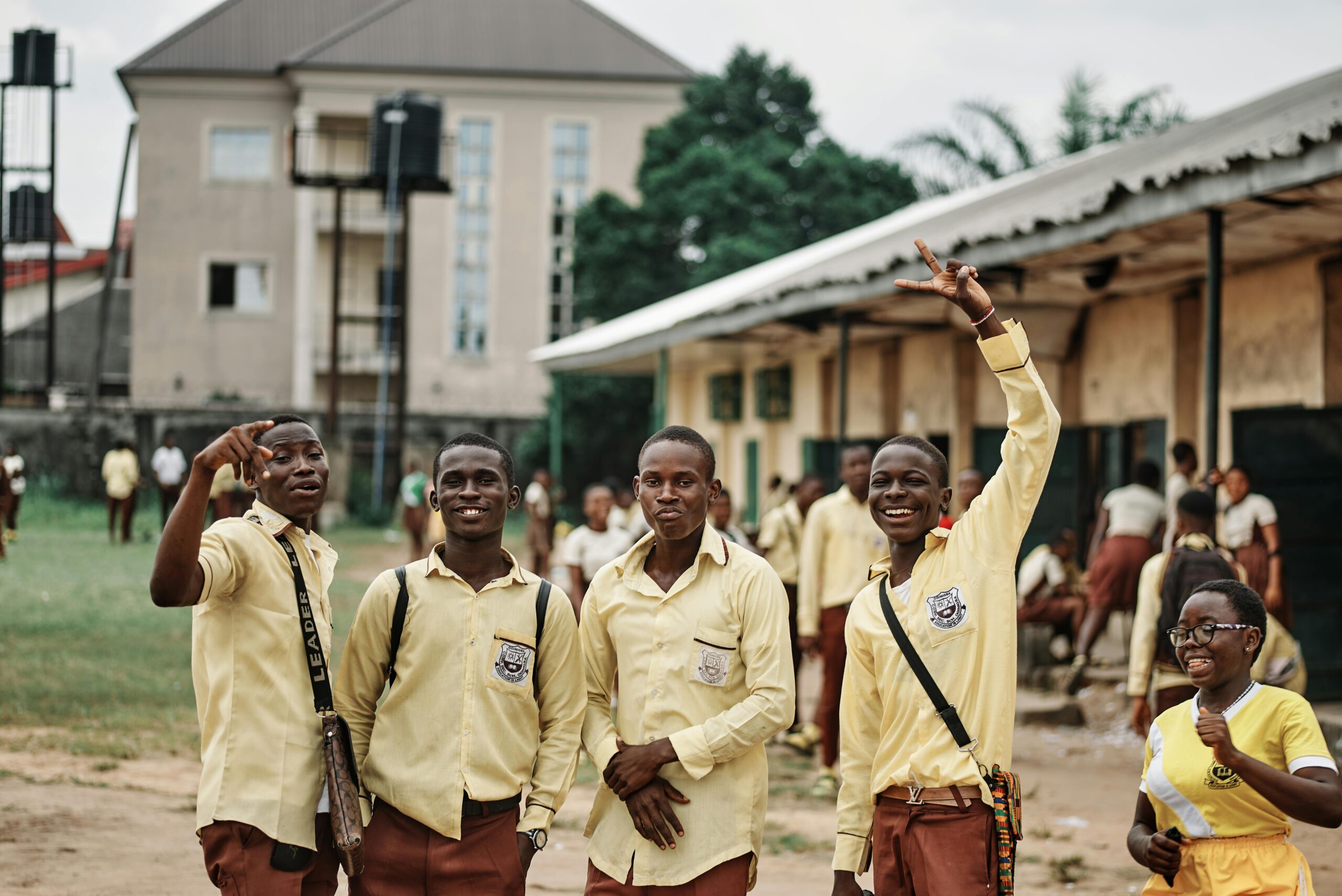
Nigeria is at a critical juncture in its history. As we approach mid-2024, the need to invest in our children’s foundational skills—literacy, numeracy, and socio-emotional development—has never been more pressing. The data is alarming: Seven of ten Nigerian children do not meet the minimum literacy proficiency levels required by age ten. This is not just a statistic but a stark warning of the looming crisis that could undermine our nation’s future if we do not act decisively.
A child’s educational foundation is similar to a building’s foundation. Work on the upper floors will only make the structure sound if the base is strong. Similarly, without strong foundational skills, children are ill-prepared for the complexities of life and the demands of the modern economy. Literacy and numeracy are the bedrock upon which all other learning is built. These essential skills are necessary for our children to effectively engage with more advanced subjects and develop critical thinking and problem-solving abilities.
Moreover, socioemotional skills are equally crucial. Self-awareness, self-management, social awareness, relationship skills, and responsible decision-making are fundamental for personal and professional success. Children who develop strong socioemotional skills are better equipped to navigate life’s challenges, work collaboratively with others, and contribute positively to society.
Investing in foundational skills prepares our children for the 21st-century world, where technology and innovation are key drivers of progress. Strong literacy and numeracy skills are essential for understanding and effectively leveraging technology in a rapidly evolving digital landscape. Additionally, socioemotional skills enhance adaptability and resilience, enabling children to thrive in dynamic and often unpredictable environments.

Nigeria’s demographic profile presents both a challenge and an unparalleled opportunity. With a rapidly growing population, where 4 out of 10 Nigerians are under the age of 13, we have the potential to become one of the world’s leading producers of human capital. By 2050, it is projected that 68% of the global workforce growth will come from sub-Saharan Africa, with Nigeria being the most populous country in this region. This demographic trend positions Nigeria strategically as a potential global powerhouse of human capital.
However, this potential can only be realized if we address the foundational learning crisis head-on. Failure to do so will result in a heavily populated nation with poor human capital, posing significant risks for Nigeria and the world. A poorly educated and under-skilled population would be ill-equipped to compete in the global economy, exacerbating poverty and inequality and potentially leading to social unrest and instability.

Conversely, if we invest in quality foundational education now, we can transform Nigeria into a thriving, dynamic economy with a highly skilled workforce capable of driving innovation and development. This requires a comprehensive approach that includes:
- Enhanced Teacher Training and Support: Teachers are the cornerstone of quality education. Investing in their professional development is crucial to equipping them with effective teaching strategies for literacy, numeracy, socioemotional skills, and 21st-century competencies. Treating teachers with respect and dignity is equally important as ensuring they are valued and supported as professionals. Making the teaching profession more attractive and honorable will inspire young people to pursue careers in education, thereby strengthening the entire education system.
- Data-Driven Policies and Accountability Review Routines: Utilizing accurate, reliable, and comparable data to inform education policies and practices ensures that effective interventions and resources are efficiently allocated. This must go hand in hand with establishing review mechanisms to keep policymakers and other actors in the ecosystem accountable.
- Community and Parental Engagement: Building strong partnerships with parents and communities fosters a supportive environment for children’s learning and development.
- Integrated Learning Programs: Implementing structured pedagogy and targeted interventions, such as the “Teaching at the Right Level” (TaRL) model, can significantly improve learning outcomes, especially when adapted to local contexts.
- Incorporation of Technology: Integrating digital tools and resources into learning enhances educational experiences and prepares children for future technological advancements.
We must recognize that education is an investment, not an expenditure. The returns on investing in our children’s education are immense, spanning improved individual well-being, economic growth, and social stability. Prioritizing education and taking it very seriously is essential for our nation’s development and prosperity.
Nigeria has a unique window of opportunity to harness its youthful population and build a robust foundation for future growth and prosperity. By prioritizing foundational skills in literacy, numeracy, socioemotional development, and technological proficiency, we can equip our children with the tools they need to succeed in life and contribute meaningfully to society. This investment will pay dividends for Nigeria and the global community, as a well-educated, skilled workforce from Nigeria will play a pivotal role in the world’s economic and social development in the coming decades.
The time to act is now. Let us commit to making foundational learning a national priority, ensuring that every Nigerian child has the opportunity to reach their full potential. The future of the nation—and indeed of the world—depends on it.